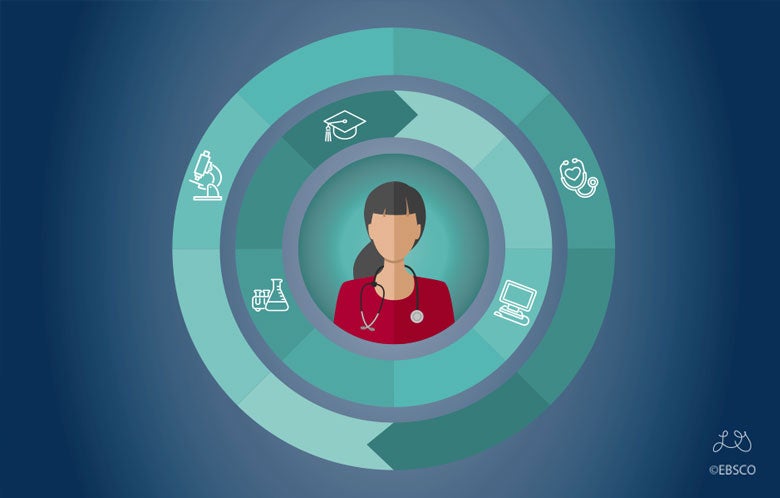In 2011, the Institute of Medicine published The Future of Nursing: Leading Change, Advancing Health. It recommended healthcare education to match the transformation occurring in U.S. healthcare, both in terms of the care environment and in the practices clinicians follow to achieve improved outcomes. The IOM report emphasized the need for “equally profound changes in the education of nurses both before and after they receive their licenses.” Because nursing is one of the many professions that is changing rapidly in terms of complexity and the technology involved, this report emphasizes that “creating an expectation and culture of lifelong learning for nurses is therefore essential.”
Trisha Coady, HealthStream’s Vice President of Clinical Development, shares below how HealthStream is helping our customers make lifelong learning a priority for clinical staff:
How could lifelong learning benefit patients and outcomes?
Nearly 70% of the healthcare workforce is involved in direct patient care. That’s 3.1 million of HealthStream’s 4.5 million subscribers, who complete over one million courses each week. If each of those healthcare professionals could prevent harm or death for only five people in their lifetime as a result of acquired knowledge, over 15 million lives would be saved.
How would you advise healthcare learning managers incorporate and promote a stronger focus on learning?
Decisions made after 20 years of experience differ drastically from what we would make in our first year after college. To get there, we’ve likely pursued formal education or courseware, attended conferences, volunteered on committees, leveraged peers and mentors, etc. There will always be a need for mandatory, regulatory or focused training, but I also believe it’s just as critical to offer opportunities for self-development.
How does continuing education relate to lifelong learning?
Continuing education as a component is defined by the Alliance for Continuing Education in Health Professions as, “the process by which health professionals keep up to date with the latest knowledge and advances in health care. Substantial literature exists indicating that continuing education (CE) in the health professions is effective in improving healthcare, patient outcomes and population health.”
In the Macy Report, the Expert Panel urged an emphasis on CE for:
- Validating individual practice and competence
- Engaging learners in new knowledge and skill acquisition
- Reducing/closing practitioner-identified performance gaps
- Improving patient outcomes
- Integrating knowledge, performance, competence and judgment
- Generating professional satisfaction and identity to prevent burnout
How should learning options differ according to the generations in the workforce?
According to PwC’s ‘Millennials at Work,’ an online survey (2011) of 4,364 graduates across 75 countries, 50% of the workforce will be made up of millennials by 2020. In relation to lifelong learning, PwC noted that a focused response from employers will be needed to satisfy this generation’s ambition and desire to keep learning and progress upwards in an organization faster than previous generations. Otherwise, they are far more willing to change employers or careers. One quote from a millennial that I think summarizes this generation’s view of their workplace is “My career will be one of choice. It will align who I am with what I do.”
Lifelong learning may be one of the most important competencies our healthcare staff must possess, and it will be up to employers to engage our new generation in new and different ways. If we’re not thinking about this now, we may be very challenged in the next few years to reduce the already high turnover rates in healthcare and the negative effects on quality care that follow.
